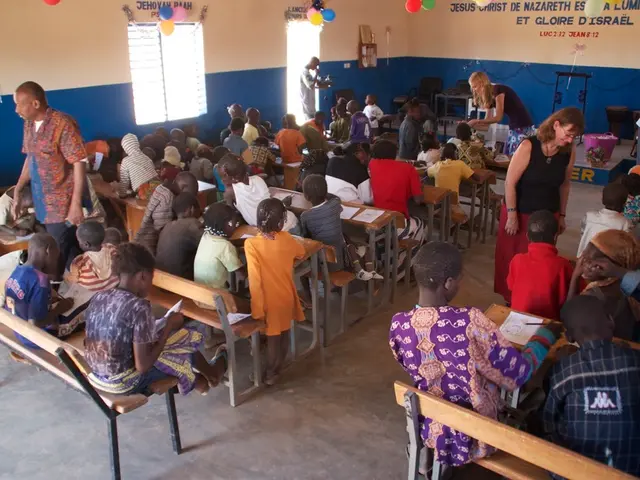Congress authorizes establishment of two probe panels, one from PP and one from PSOE-Sumar, for investigating blackouts
The Spanish Congress has sanctioned two independent investigations into the April 28 blackout that left millions without electricity in Spain and Portugal. The proposal from the Popular Party received 180 votes in favor, 165 against, and one abstention, while the Socialist and Sumar groups' initiative earned 175 yeses, 170 noes, and one abstention. The debates surrounding the commission formation have elicited criticisms, with Idoia Sagastizabal, the PNV deputy, expressing that they "can't even agree on that."
ERC and Vox have expressed concerns that these commissions do not serve the purpose of "finding the truth." Teresa Jordá, an ERC deputy, asserted that the proposed commissions do not fulfill this objective. In contrast, Vox isolated its attention on the Popular Party's request, labeling it as a "swap."
Guillermo Mariscal, a Popular deputy, put forth the party's request, emphasizing the importance of "accountability" and a thorough investigation into the decisions made during the crisis. The Popular Party has highlighted the necessity of hearing Teresa Ribera, the former Minister for the Ecological Transition and current Vice-President of the European Commission, and Beatriz Corredor, president of Redeia, the operator's matrix of Red Eléctrica.
Meanwhile, the Socialist deputy Cristina Narbona questioned the "unprecedented" existence of two petitions about the same event and reiterated the importance of focusing on the Senate's commission, which has already garnered support. The aim of both commissions is to analyze the causes of the electricity supply interruption and propose legal and necessary measures to prevent such incidents in the future.
As investigations continue, Sara Aagesen, the Third Vice-President and Minister of Ecological Transition, stated that the cause of the blackout was not due to "experiments" or renewable energy mishaps. Instead, European institutions have not attributed the blackout to renewables, and the International Energy Agency has stated that such situations happen "in all parts of the world." Ongoing investigations are expected to shed more light on the complex causes of the blackout and provide recommendations for the future of the energy sector.
- The average citizen may question the effectiveness of the current policy-and-legislation regarding the investigations into the April 28 blackout, given the criticisms and contradictions expressed by various political parties and deputies.
- The general news coverage of the blackout investigation reveals a contentious political landscape, with the ERC and Vox voicing their concerns about the commission's inability to find the truth, while the Popular Party emphasizes the need for accountability and thorough investigations.







